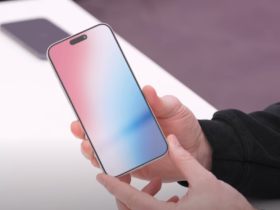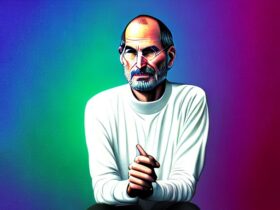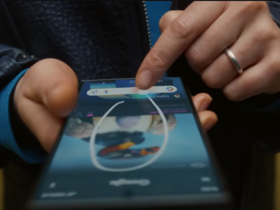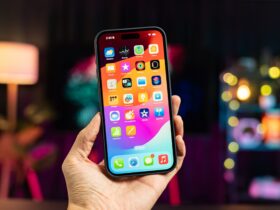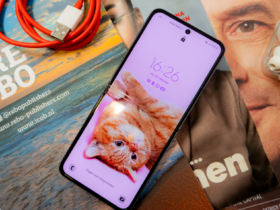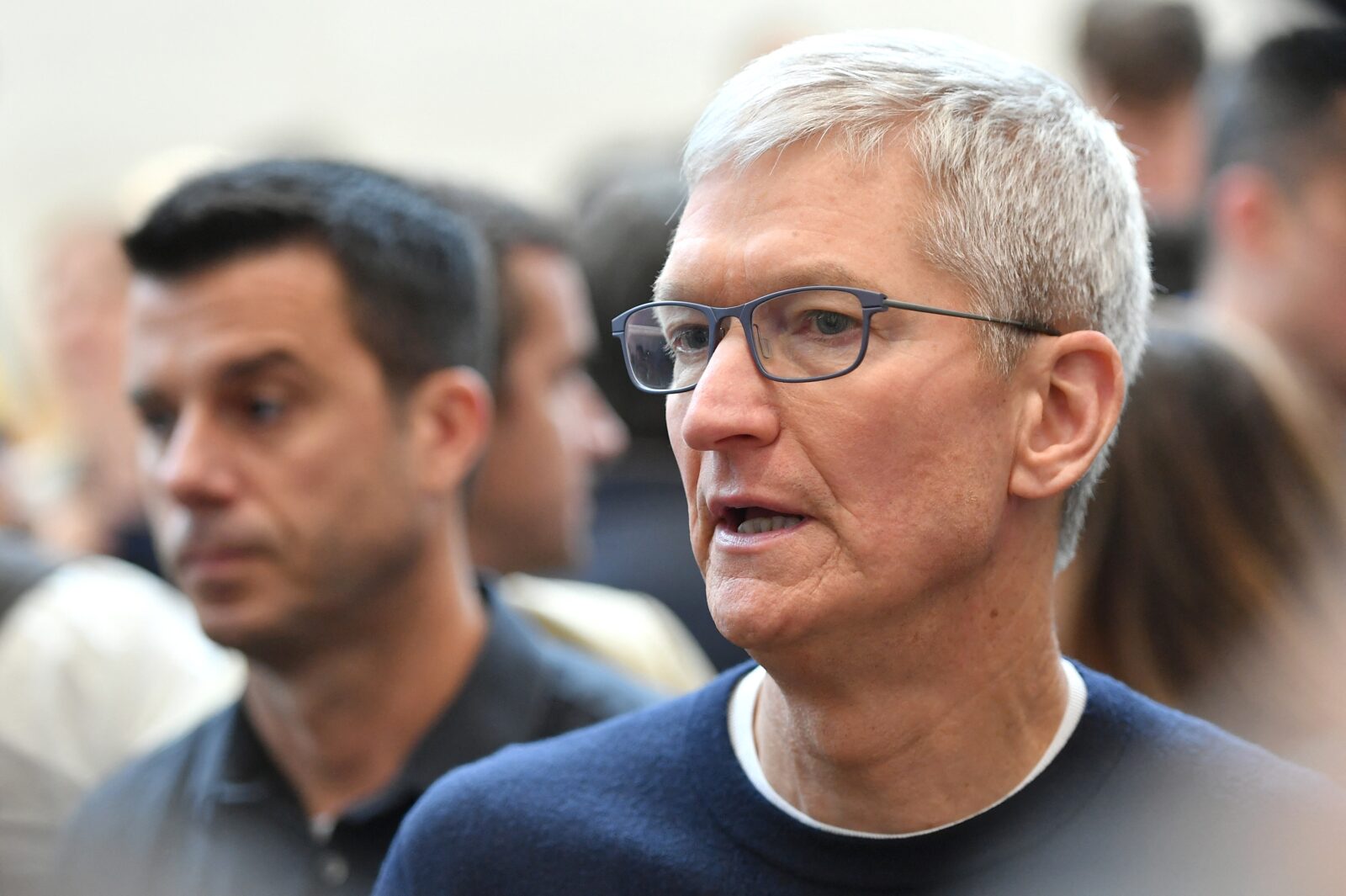European iPhone users, like Android users, will be able to download applications outside the App Store starting next year. At least, that’s the expectation of Bloomberg’s Mark Gurman.
Europe has recently taken tougher measures against tech companies. After previously forcing Apple to switch to USB-C and forcing Facebook to drop personalized ads, it is now targeting the App Store.

WANT on WhatsApp
We have recently started to be featured on WhatsApp. In our channel we share the best stories, videos and exclusive content you won’t get anywhere else. Follow us here.
iPhone will get Android feature from early 2024
One major difference between Android and iOS is the fact that smartphones running the Android operating system allow you to download apps outside the Google Play Store. Although Apple has so far rejected this for privacy and security reasons, the iPhone seems to be getting it.
The most recent edition of Power On, Bloomberg journalist Mark Gurman’s newsletter, reports that European users will have the option to do the same starting in early 2024. So those who want to download an application from another store or Web site should, in theory, be able to do so.
However, the news contradicts an earlier prediction by Gurman. The journalist had expected Apple to make this change with the next iPhone update (iOS 17.2). However, the newsletter states that the code that referred to it was intended for something else.
Reports now suggest that only iPhone users in the European Union will be affected by the change. But at the time of writing, talks are also underway in the United States, for example, about similar measures.
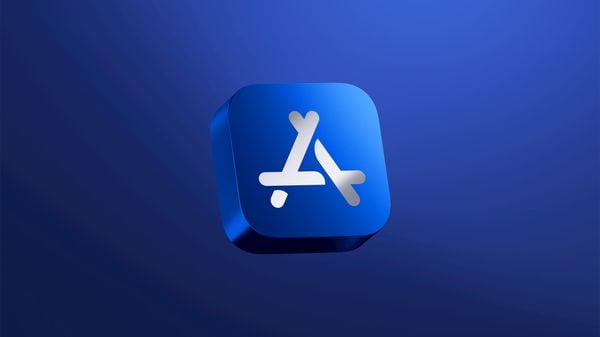 App Store (Image: Apple)
App Store (Image: Apple)
Europe takes action
These measures refer to the law introduced by the European Union in November 2022, the Digital Markets Act. This is a way for the Union to ensure that companies do not abuse their market power. Simply put, services and platforms should be more open to competitors.
This not only means that the App Store may no longer be the only place on an iPhone to download apps, but it will also affect services like iMessage, FaceTime and Siri.
Apple, which hides behind the argument that the App Store offers better privacy and security, is not happy about this measure. Developers, who typically have to remit 15 to 30 percent of their sales, are.
Not only the iPhone is affected
While it may seem like Europe is only targeting Apple and the iPhone, that is not the case. Yes, USB-C connectivity on smartphones was imperative, and yes, the App Store is now being looked at more strictly. But it doesn’t stop there.
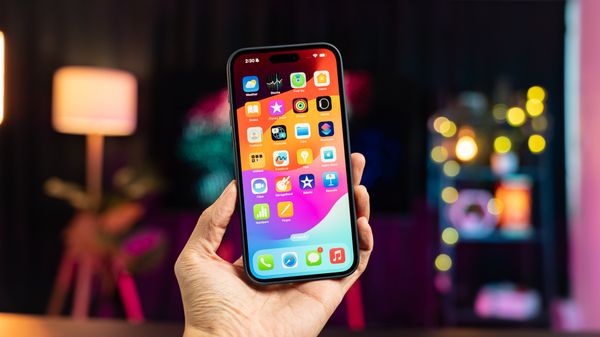 (Image: Unsplash)
(Image: Unsplash)
Recently, Europe also cracked down on Meta, for example. The company is no longer allowed to use personalized ads on platforms like Facebook and Instagram. This is troublesome because this is exactly where the company makes a lot of money.
Want to know more about this situation and why Meta should stop doing this? I explain it to you in the article below.







